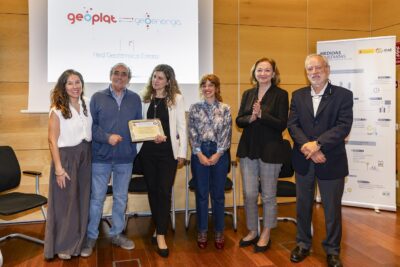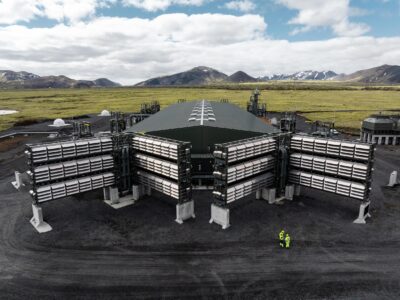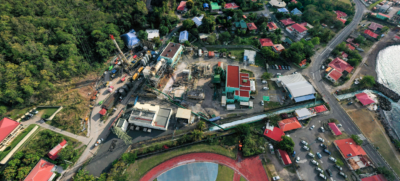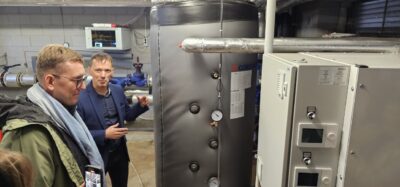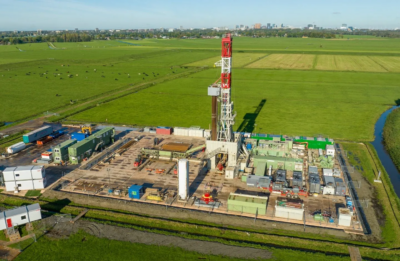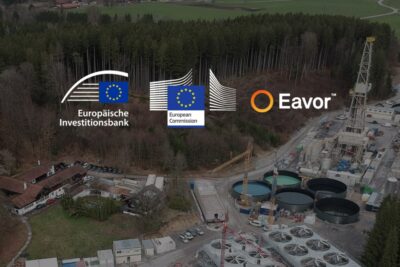ENSIA President: “The earthquake in Türkiye showed the importance of energy diversity.”
ENSIA President Alper Kalayci emphasizes that the earthquake disaster shows the importance of resource diversity in energy production.
In a written statement published by the association, the Energy Industrialists and Business Association (ENSIA) of Türkiye President Alper Kalayci stated that the Afsin-Elbistan thermal power plant, which constitutes about 2% of the country’s installed power, was decommissioned within seconds after the February 2023 earthquake.
However, there was no production interruption in any clean energy facility other than the solar power plants on the roofs of the destroyed buildings in the same region. Kalayci stated that this situation shows how important Türkiye’s success is in diversifying its energy resources and emphasized that the share of hydroelectric, wind, solar, geothermal, and biomass sources in Türkiye’s total electricity production should increase to 75%.
Considering the current potential of Türkiye in clean energy investments, Alper Kalayci pointed out that the journey is still at the beginning and continued as follows:
“We are the 4th country in the world in geothermal energy, but it is easily possible to become a world leader in a few years with the appropriate investment and incentive climate. A similar situation applies to biomass. If we exclude continent-sized countries such as the USA and China, we are unique in the world with this feature. Some countries have sun but no wind. Countries with wind do not have geothermal energy. In countries that are strong in biomass, the efficiency of solar energy is extremely low. We have all of these resources and they exist at the highest potential level.”
“The region, which Turkey sees as the most inefficient in solar energy, has a much higher potential than Germany’s most productive region. On the other hand, while we can’t even reach 10,000 MW of installed capacity for solar power, Germany has an installed power of 60,000 MW, six times more than us, with that inefficient sun. In solar energy, our potential installed power is over 200,000 MW. Likewise, according to the reports of the World Bank, our offshore wind energy potential is 75,000 MW, when we consider it together with land power plants, our wind energy potential is over 200,000 MW. On the other hand, we have an installed power of not even 12,000 MW.”
“If we only put our potential in wind and sun into use, it will be possible for us to produce four types of renewable energy. Despite this potential, we commissioned a new imported coal power plant of 1,380 MW in 2022. It is really impossible for us to understand this contradiction.”
Source: Yesil Ekonomi via our Turkish language platform JeotermalHaberler








